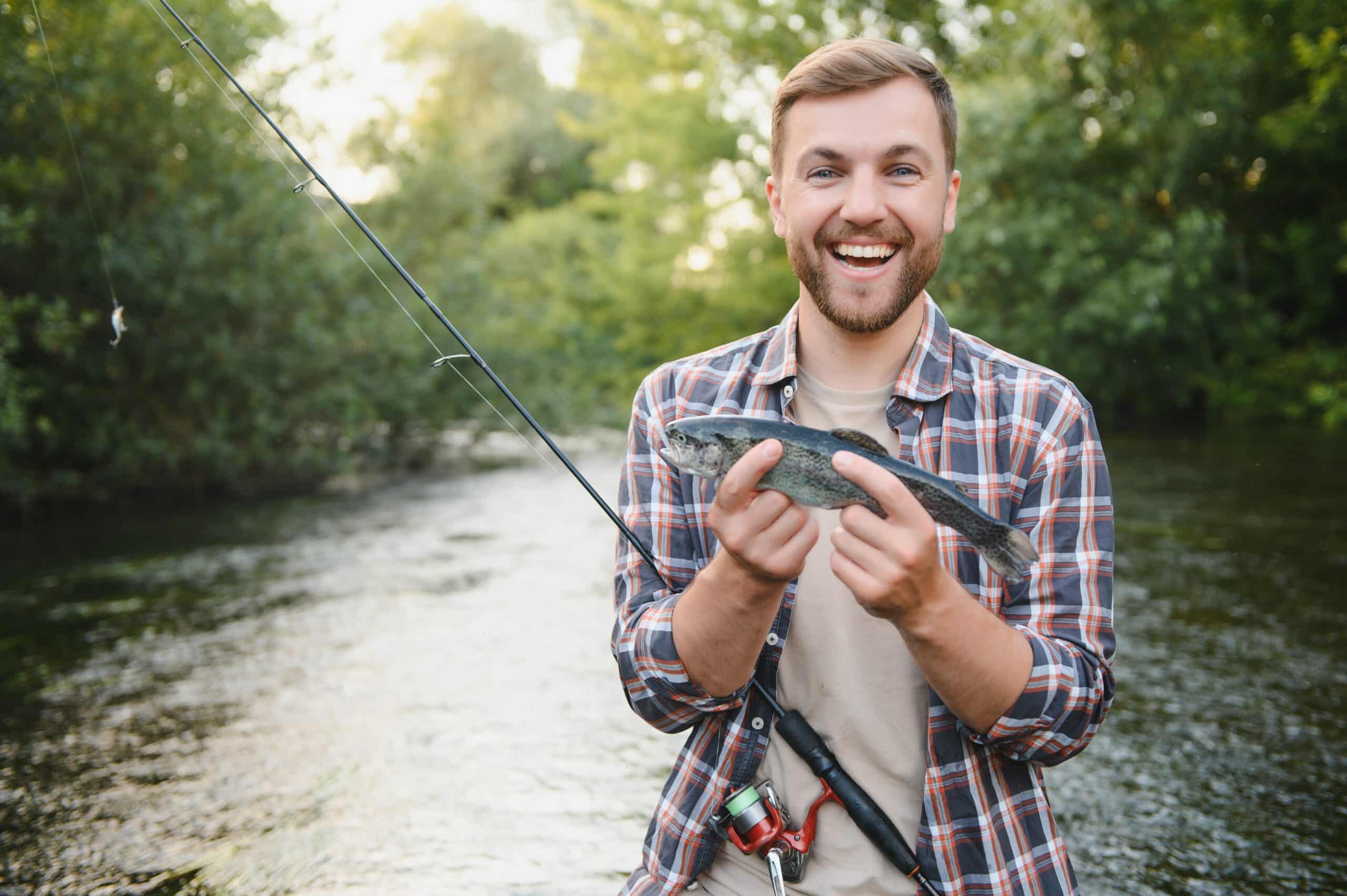How much is a ticket for fishing without a license in Texas?
Key Takeaways
- Fishing without a valid license in Texas is a violation of the Texas Parks & Wildlife Code § 46.001.
- A first-time offense of fishing without a license is a Class C misdemeanor, punishable by a fine ranging from $25 to $500.
- If caught fishing without a license for the second time within a year or previously convicted, it can escalate to a Class A misdemeanor with a higher fine of $500 to $4,000 and/or up to 1 year in jail.
When it comes to fishing in Texas, it’s important to know the rules and regulations to avoid any legal trouble. One of the most essential requirements for anglers is obtaining a valid fishing license. But what happens if you’re caught fishing without a license? In this article, we will explore the penalties and fines associated with fishing without a license in Texas.
Penalties for Fishing without a License
In Texas, fishing without a valid license is considered a violation of the Texas Parks & Wildlife Code § 46.001. The penalties for fishing without a license can vary depending on the circumstances and the severity of the offense.
Class C Misdemeanor
For a first-time offense, fishing without a license is generally considered a Class C misdemeanor. This offense is punishable by a fine ranging from $25 to $500.
Class A Misdemeanor
If you have been previously convicted of fishing without a license or if you are caught fishing without a license for the second time within a year of the first offense, it can escalate to a Class A misdemeanor. A Class A misdemeanor carries a higher fine of $500 to $4,000 and/or up to 1 year in jail.
It’s important to note that these penalties can vary based on the specific circumstances of the case and the discretion of the judge. In some cases, the judge may impose a lesser or greater fine depending on factors such as the individual’s fishing history, cooperation with authorities, and any extenuating circumstances.
Importance of Fishing License
Obtaining a fishing license is not only a legal requirement but also serves important purposes. Fishing licenses help fund conservation efforts, wildlife management, and the preservation of fish populations and their habitats. By purchasing a fishing license, anglers contribute to the maintenance and improvement of Texas’ natural resources.
Additionally, having a fishing license ensures that anglers are aware of the current fishing regulations, including size and bag limits, fishing seasons, and restricted areas. These regulations are put in place to protect fish populations and ensure sustainable fishing practices.
Conclusion
Fishing without a license in Texas can result in legal consequences. The penalties vary depending on the severity of the offense, with fines ranging from $25 to $500 for a Class C misdemeanor and fines ranging from $500 to $4,000 and/or up to 1 year in jail for a Class A misdemeanor. It’s important for anglers to obtain and carry a valid fishing license to avoid any legal trouble, contribute to conservation efforts, and ensure compliance with fishing regulations.
Related Websites:
FAQs:
Q: Why is having a fishing license important?
Having a fishing license is important as it allows you to legally participate in the sport of fishing and helps support conservation efforts to preserve fish populations and their habitats.
Q: What are the consequences of fishing without a license in Texas?
Fishing without a license in Texas is illegal and can result in penalties and potential fines. It also poses a risk to the environment and conservation efforts.
Q: How much is a ticket for fishing without a license in Texas?
Ticket costs for fishing without a license in Texas may vary based on different factors. It is recommended to obtain accurate and up-to-date information on ticket costs from the Texas Parks and Wildlife Department (TPWD) or by contacting them directly.
Q: Where can I obtain a fishing license in Texas?
You can obtain a fishing license in Texas from various sources. Online resources are available for purchasing a fishing license, and you can also visit the Texas Parks and Wildlife Department (TPWD) website or contact local retailers for more information.
Q: What are the benefits of having a fishing license?
Having a fishing license not only allows you to legally enjoy the sport of fishing, but it also supports conservation efforts, helps maintain fish populations, and preserves their habitats for future generations to enjoy.






